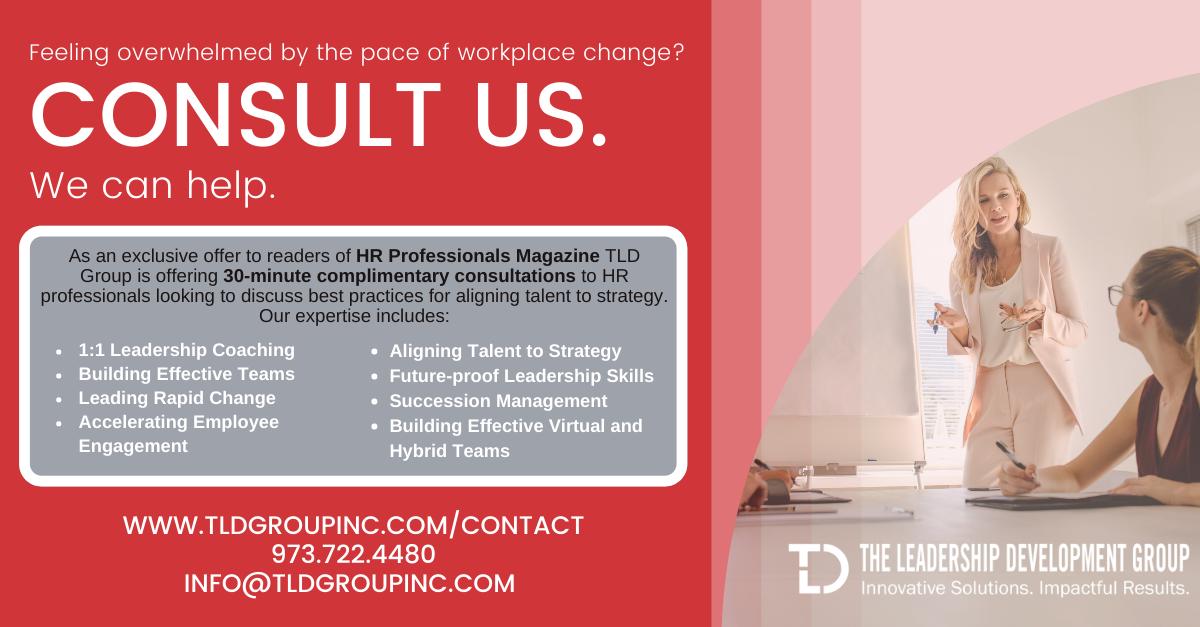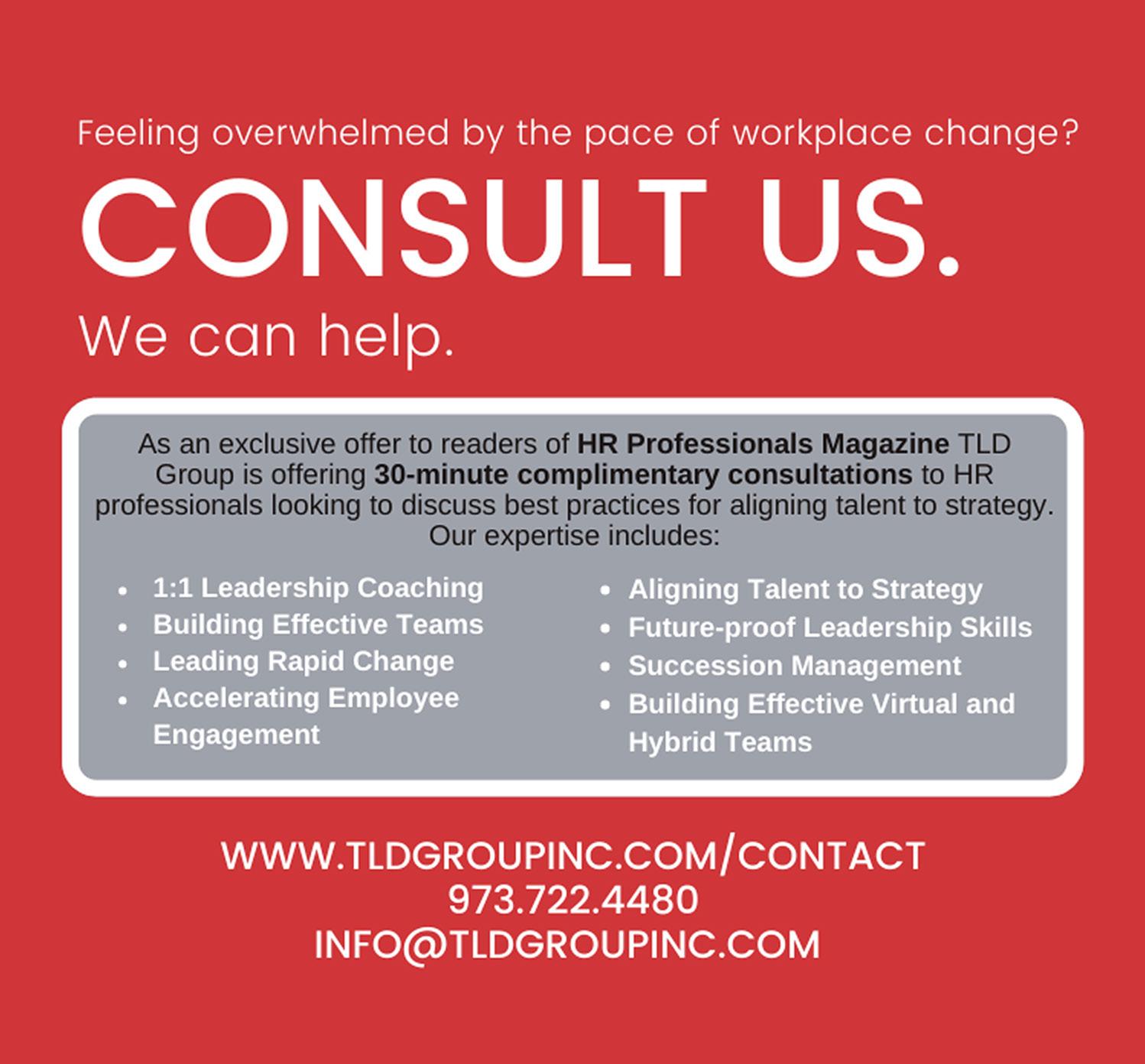
5 minute read
How to Enhance Your Authentic Leadership
How to Enhance Your Authentic
Leadership
By TRACY DUBERMAN

Leadership requires the expression of an authentic self. In the chaotic times which we are living in today, people want to be led by someone “real.” But while the expression of an authentic self is necessary for great leadership, the concept of authenticity is often misunderstood, not least by leaders themselves. They often assume that authenticity is an innate quality—that a person is either authentic or not. In fact, authenticity is largely defined by what other people see in you.
Being authentic not only improves the quality of your interpersonal relationships, but also your performance as a leader. An authentic person is open and honest, transparent in their intentions and expectations, and practices their values consistently. Authentic leaders are genuine and true and have a vision of success that is wholesome and optimistic. They also understand the importance of leading through demonstration and collaboration, rather than barking orders and demanding results. Truly authentic leaders translate words into actions – they stick to their convictions and are clear and concise in communicating to their teams to achieve better business results.
Authentic leadership is a relatively new theory of leadership that originally stemmed from the four cardinal virtues of ancient Greek philosophy. These virtues are prudence, temperance, justice, and fortitude, and have molded the modern theory of authentic leadership to comprise four key elements:
1. Balanced processing (prudence): Authentic leaders keep an open mind to all possible courses of action - to be fair-minded when making decisions and lead open discussions with others to choose the best possible option.
2.Self-awareness (temperance): To be an authentic leader, it is important to be emotionally balanced and in control, and to know one’s own strengths and limitations.
3.Relational transparency (justice): Authentic leaders do not have hidden agendas and are fair in their dealings with others.
4.Internalized moral perspective (fortitude): Lastly, authentic leaders place great attention on ethical consideration and have the courage to do the right thing (Table I). Establishing authenticity as a leader is a two-part challenge. First, ensure that your words are consistent with your deeds. Second, find common ground with the people you lead.

How to become an authentic leader?
Start with knowing oneself. As Daniel Goleman, leading authority on emotional intelligence (EI), reveals in his research, EI is of greater importance than cognitive skills, intellect, or technical abilities in driving the success of top performers.1 EI enables leaders to self-monitor and develop key leadership characteristics such as leading authentically. Unlike intellect, which remains generally stable over a person’s lifetime, EI can be developed with practice:
1. Beginning with self-awareness, start by outlining your values, and strengths and weaknesses to gain an understanding of who you truly are and why you behave in a particular manner. Painting this clear picture of yourself helps you to understand what drives your behavior, and as a result, it becomes easier to articulate your values to others and recognize any triggers that can lead to unproductive behaviors.
2. We are all human and sometimes fall prey to over-reactivity. To counter this, practice self-regulation to prevent yourself from acting reactively or impulsively. The simplest way to practice self-regulation is to engage yourself and your team in reflection, particularly in difficult or stressful situations where you may have the propensity for emotional decision-
making. Identify the cause of the emotional reaction, and brainstorm more adaptive ways to respond than allowing your emotions to get the better of you. If the source of your frustration is external, attempt to view the situation from the perspective of others and recognize how over-reacting may negatively influence the overall outcome of the situation.

3. Over time and with concerted effort, these self-awareness and regulation strategies will become part of your leadership fabric and can be applied to any intra- or inter-personal situation in which proper control of one’s emotions and an understanding of others will enable you to demonstrate your authenticity.
Enhancing Authentic Leadership Through Coaching
One can learn to live and lead more authentically through executive coaching. The authentic coach works with their client to be successful through their self-discovery. They enable their clients to tap into their skills, knowledge, and experiences to cultivate learning and growth. Through a process of self-awareness, introspection, and interpersonal communication, a client can successfully remove barriers to performance and develop the skills and motivation required for positive behavioral change, increased authenticity and, in turn, improved organizational engagement.2
1 Goleman, D. (2004), “What makes a leader?”, Harvard Business Review, available at: https://hbr.org/2004/01/whatmakes-a-leader 2 Lowman, R. L. (2005). Executive Coaching: The Road to Dodoville Needs Paving With
More Than Good Assumptions. Consulting Psychology Journal: Practice and Research, 57(1), 90-96. http://dx.doi.org/10.1037/1065- 9293.57.1.90 Tracy Duberman, PhD, President & CEO
The Leadership Development Group 973.722.4480 tduberman@tldgroupinc.com www.tldgroupinc.com Tracy Duberman, PhD is the founder of The Leadership Development Group (TLD Group) Inc., and co-author with Bob Sachs, PhD of From Competition to Collaboration: How Leaders Cultivate Partnerships to Deliver Value and Transform Health. Tracy has been recognized as an expert on leadership across various sectors, and speaks on ecosystem leadership, innovation in talent development, and effective succession planning.

About Us The Leadership Development Group is a global talent development consulting firm for leaders, teams, and organizations. Our solutions include executive, leadership assessment and coaching, organizational development consulting, and group leadership academies designed to engage and empower leaders to take on challenges and position their organizations for success. TLD Group’s worldwide faculty of over 400 organizational development practitioners, coaches, academicians, and consultants with deep expertise in leadership development offer targeted insights and deliver highly impactful results.













